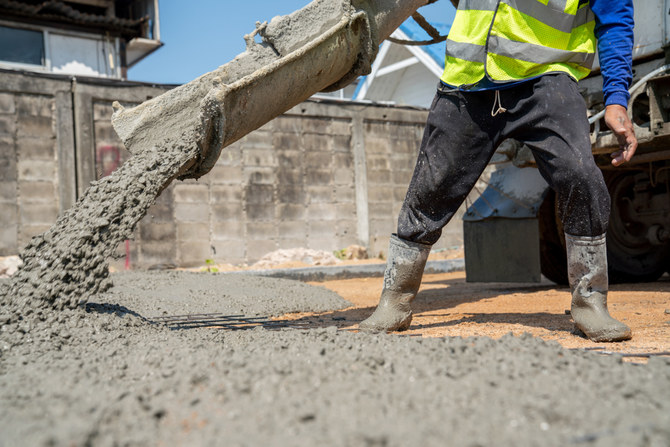RIYADH: Saudi Arabia’s jobs targets outlined in Vision 2023 have borne results, with its overall unemployment rate falling 0.9 percentage points to 5.1 percent in the first quarter of 2023 compared to the same period a year ago, official data showed.
According to the latest report by the General Authority for Statistics, the labor force participation of Saudis increased annually by 2.3 percentage points in the first quarter. The employment-to-population ratio also increased by 2.9 percentage points.
The Vision 2030 blueprint sought to reduce the overall unemployment rate from 11.6 percent in 2016 to 7 percent in 2030.
Job creation, especially for Saudi nationals — over 60 percent of whom are under 35— is a vital part of the ambitious economic agenda spearheaded by Crown Prince Mohammed bin Salman to cut the Kingdom’s reliance on oil.
According to the GASTAT report, workforce participation among female citizens is also rising.
Labor force participation among Saudi females rose by 2.4 percentage points year on year in the first quarter of 2023 to 36 percent, remaining unchanged compared to the last quarter of 2022.
However, the unemployment rate among Saudi males increased to 4.6 percent, up 0.4 percentage points from last quarter and down to 0.5 percentage points compared to the same period a year ago.
The labor force participation rate and the employment-to-population ratio of Saudi males decreased respectively by 0.2 percentage points and 0.5 percentage points to 68.3 percent and 65.2 percent.
The GASTAT report noted that the employment rate among Saudis declined by 1.6 percentage points in the first quarter of 2023 compared to the same period a year ago.
The overall unemployment rate in the Kingdom, including Saudis and non-Saudis, increased by 0.3 percentage points in the first quarter of 2023 compared to the year-ago period.
The Kingdom’s unemployment rate had fallen to an all-time low of 8 percent in the fourth quarter of 2022.
Compared to the fourth quarter of 2022, the unemployment rate of Saudis rose by 0.5 percentage points to 8.5 percent in the first quarter of 2023, while the labor force participation of Saudis decreased to 52.4 percent during the same period.
The non-oil private sector expansion is a crucial pillar of Vision 2030 aimed at diversifying the Kingdom’s economy.
The report further revealed that 94.1 percent of unemployed Saudis would accept jobs in the private sector. Historically, the public sector has been the principal employer of Saudi citizens.
The report added that 55.5 percent of unemployed Saudi females and 45 percent of unemployed Saudi males would accept a maximum commuting time to work of one hour.
Moreover, 74.7 percent of unemployed Saudi females and 88.6 percent of unemployed Saudi males indicated they would accept work for eight hours or more per day.
In an interview with Arab News earlier in June, Grace Najjar, Project Management Institute’s regional managing director for the Middle East and North Africa region, said that job creation in the Kingdom would accelerate further in the coming months, primarily due to the momentum at which giga-projects are getting developed in the Kingdom.
According to Najjar, the construction industry is expected to create many job opportunities in Saudi Arabia, and the Kingdom is expected to witness high demand for skilled professionals, including project managers, engineers, architects, and skilled labor.
“Currently, over 5,200 projects across Saudi Arabia with a combined worth of $819 billion are underway, representing 35 percent of all active GCC (Gulf Cooperation Council) project values,” said Najjar.
With such a vast number of projects, there will be a significant demand for skilled professionals in the construction industry, including project managers, engineers, architects and skilled labor.
She added: “This demand is expected to continue to rise in the coming years, especially as Saudi Arabia and the entire GCC are on a path of economic diversification.”
Najjar further noted that this boom in the construction industry would provide ample opportunities for Saudi nationals to explore newer options.
“In recent years, there has been a push to develop local talent in Saudi Arabia, including in the construction sector. The government has implemented several initiatives to develop skills and create employment opportunities for Saudis, including the National Transformation Program,” she added.
The latest Future Jobs report by the World Economic Forum indicated that the fastest-growing job roles in Saudi Arabia would be driven by technology and digitization.
The report added that Saudi Arabia is expected to witness a sharp rise in demand for artificial intelligence and machine learning specialists as most businesses are undergoing digital transformation.

























